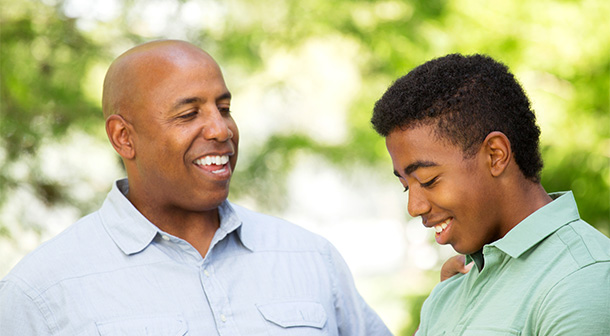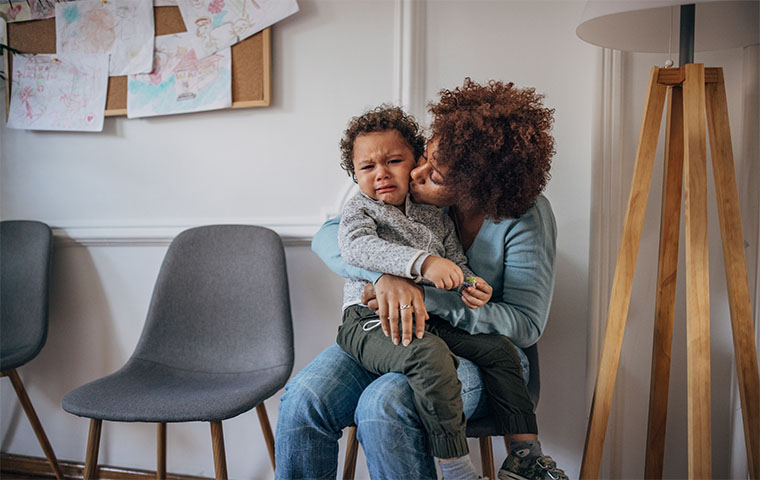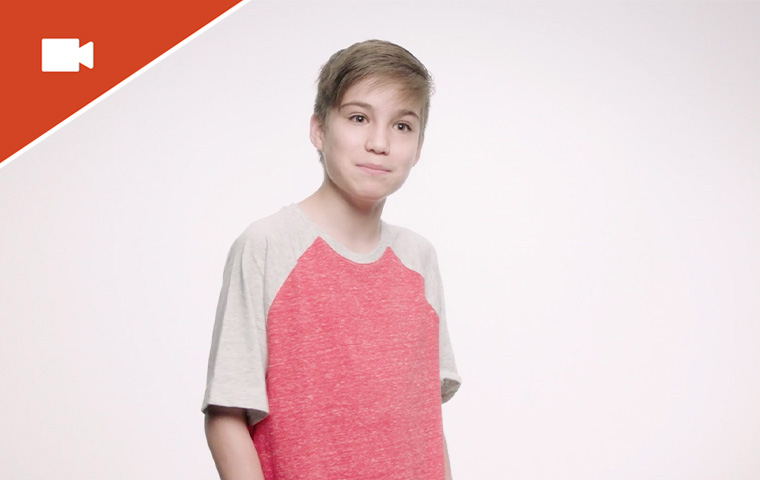Handling a toddler tantrum or a teen outburst can be challenging for parents. So what do you do? How do you stop the power struggle and keep them from happening again? Stephanie Legendre, a licensed professional counselor, will answer these questions. Watch here to learn more.
Licensed Professional Counselor Gives Tips On Parent-Child Power Struggles
I want to get my kids regulated, that means I want to get them calm. But when we do that, we create this perception that we need to be calm and happy all the time which is really not how humans are built. Emotional regulation is really just being resilient in all the emotions that come with life.
Toddler Tantrums
A common mistake is: child starts to tantrum, they throw themselves on the floor, they want a cookie, you said no. The parent starts to explain, well you can’t have a cookie because of this, this, this, and this and this.
Well it’s just activating the child even more, so now the child is coming back with more. And now they’re in this power struggle, right? And then the child is, in their mind, they’re thinking, “Maybe I can get something from this power struggle, maybe I’ll get a cookie at the end of it.” And then, the power struggle ends, the child realizes they’re not getting a cookie and they go into this rage and now the parent is in a rage.
I tell parents, “Don’t pick up the rope, don’t jump in the power struggle, you are going to get more dysregulated from that.” This is the time to implement whatever works for you, take a break, breathe, whatever works.

Teen Emotions
With older kids, we want to teach them assertiveness, so “I’m angry, but how do I tell you that I’m angry without being . . . a jerk, basically.” And so, that’s where with my 15- year- old, I have him redo things. I’m like, “Woah, tone, right?” When people are angry, they don’t want to do the thing. And so you have to, you know, really just help them feel heard.
Help Them Feel Heard
Like “Okay I see you’re angry, I hear you, you’re upset, you can be upset.” And once they’re heard, I promise you, your kid’s going to do the thing that you’re trying to train them to do because they felt heard.

It’s Okay to Ask for Help
Find someone that can connect to you, not judge you. If you need to seek professional help, go and do that as well, but find someone that fits you and that you feel comfortable with and sharing yourself with.





